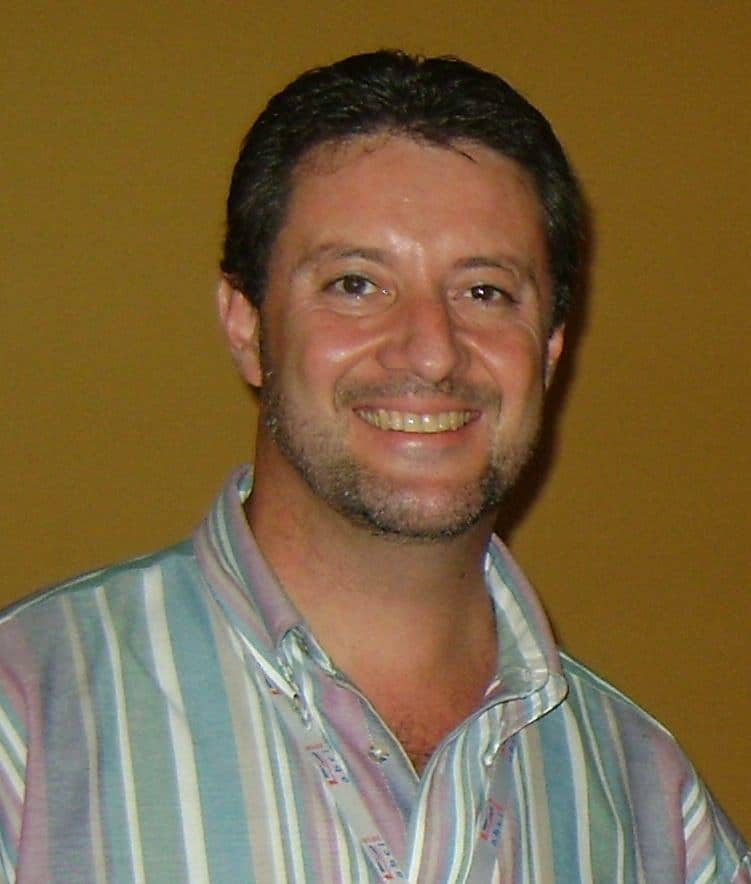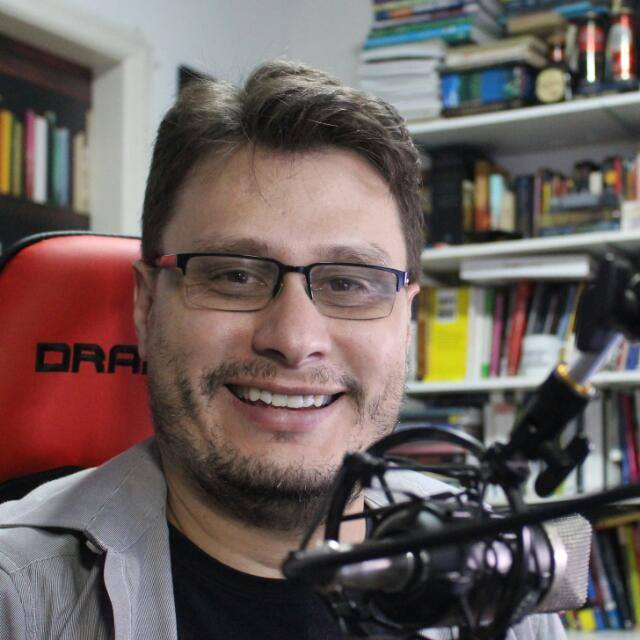An ELT Teacher – A Profession or Occupation?
We language educators often get asked what else we do apart from teaching English. Now, this takes the biscuits on the grounds that some people are hell-bent on this to mystify whether we take our profession seriously or not. It is generally known that an L2 teacher is supposed to be someone graduated, qualified or trained with required abilities to handle the teaching/learning process in a full variety of ways and environments.
Unfortunately, many L2 teachers still face much criticism, discrimination and suffer mockery based on the fact that this capacity is still seen as a side-job, where the teacher plays a role of a jack-of-all-trades. However, especially in the public sector, this is an area of the educational system which does not get much attention, a fact which allows for demotivation, lack of respect and makes a potential teacher veer off their objectives and lose faith in their own teaching abilities.
On the other hand, I can see now a positive perspective as EFL teachers have been working hard to picture their role within the teaching/learning process as opposed to accepting being tarred with the same brush. The new CPD doors and windows opened are providing opportunities for development. Even though we still need to cover some substantial ground on this front, one can easily notice that there has been this transition from a mere speaker of the L2, in our case English, to a more embodied, researcher and critical professional of education.
I have come a long way as an educator and my recent experience in the public sector has reinforced my beliefs that only by having a reflective teaching practice based on a solid critical literacy and a more critical socio-interactional view of the English Language Teaching will the teacher leave behind the ‘negative label’ of a moonlight or filler job and earn the right to status of a ‘teacher by profession’. Above all, a teacher who is constantly and intrinsically involved in enhancing as well as expanding their skills, open to new trends and a continuous professional development is more likely to take pleasure in their profession and enjoy great success of it.
Therefore, I firmly believe that the instant we break free from such negative ideologies and values that underrate English teachers, we will be better able to resize our importance as educators, restore our teaching capabilities and, above all, regain the respect as professional educators we have always been entitled to.





